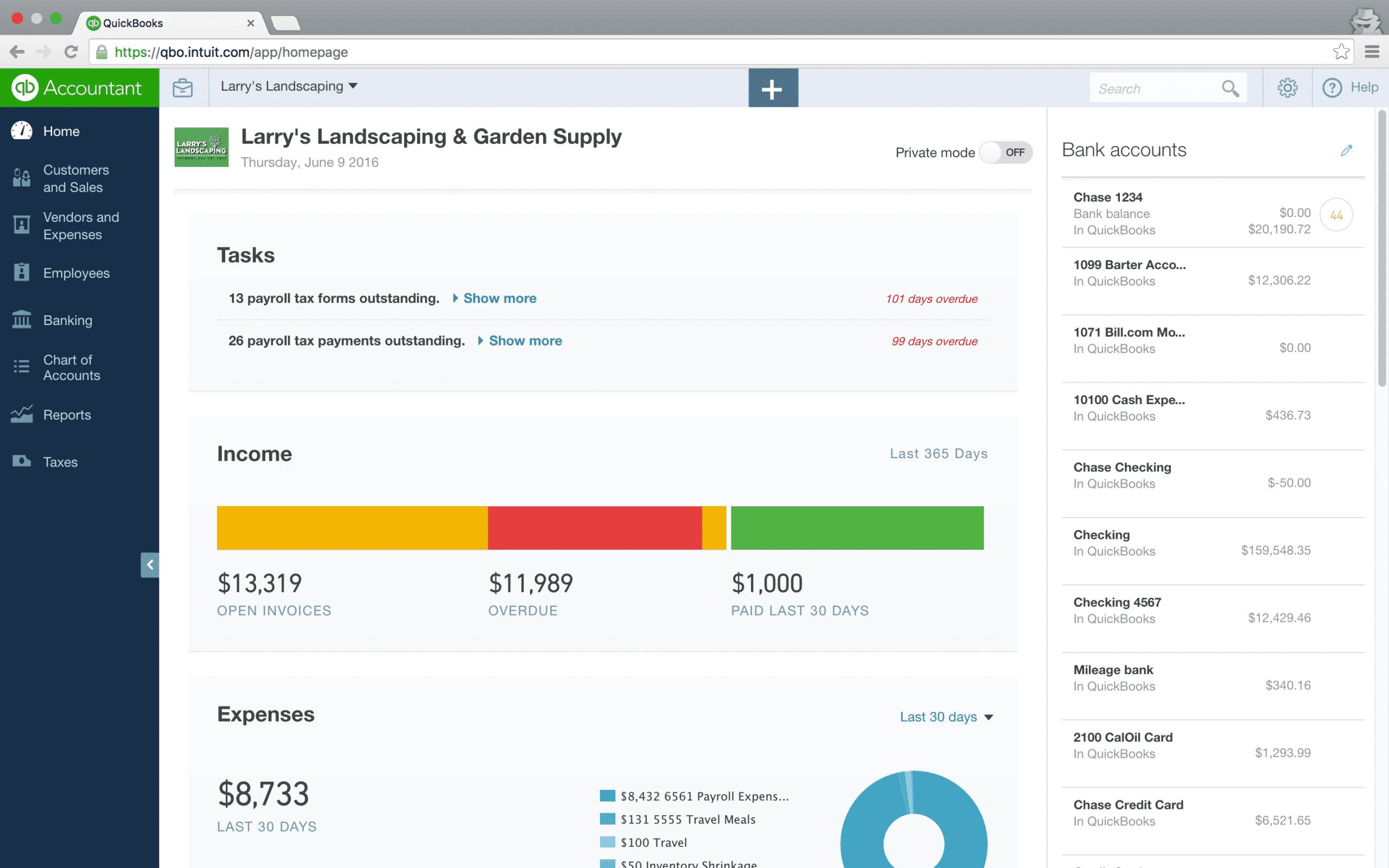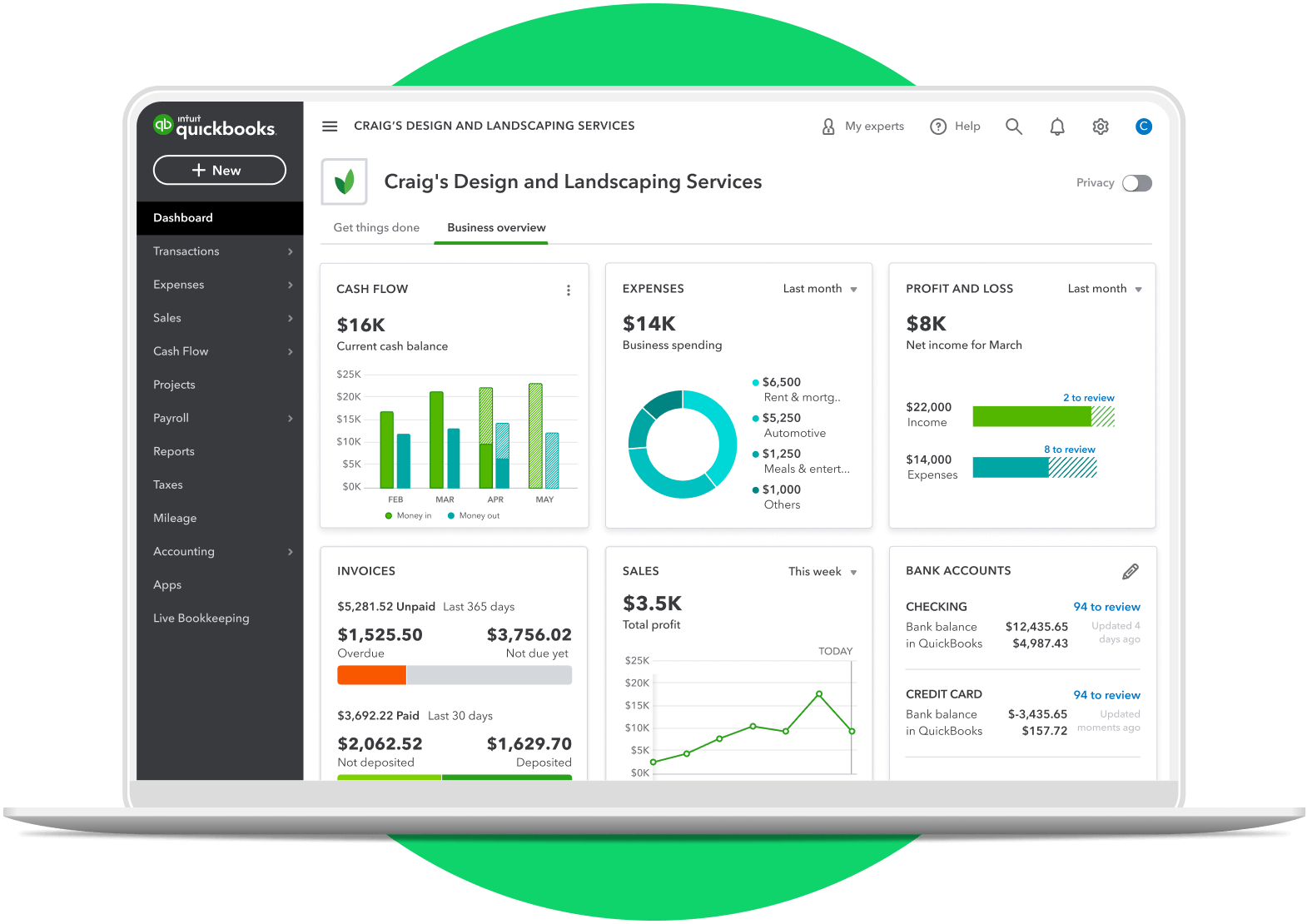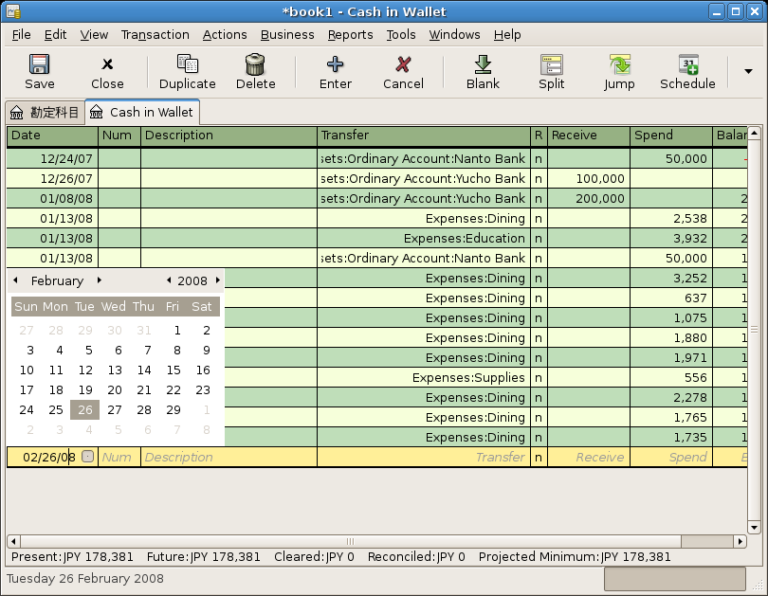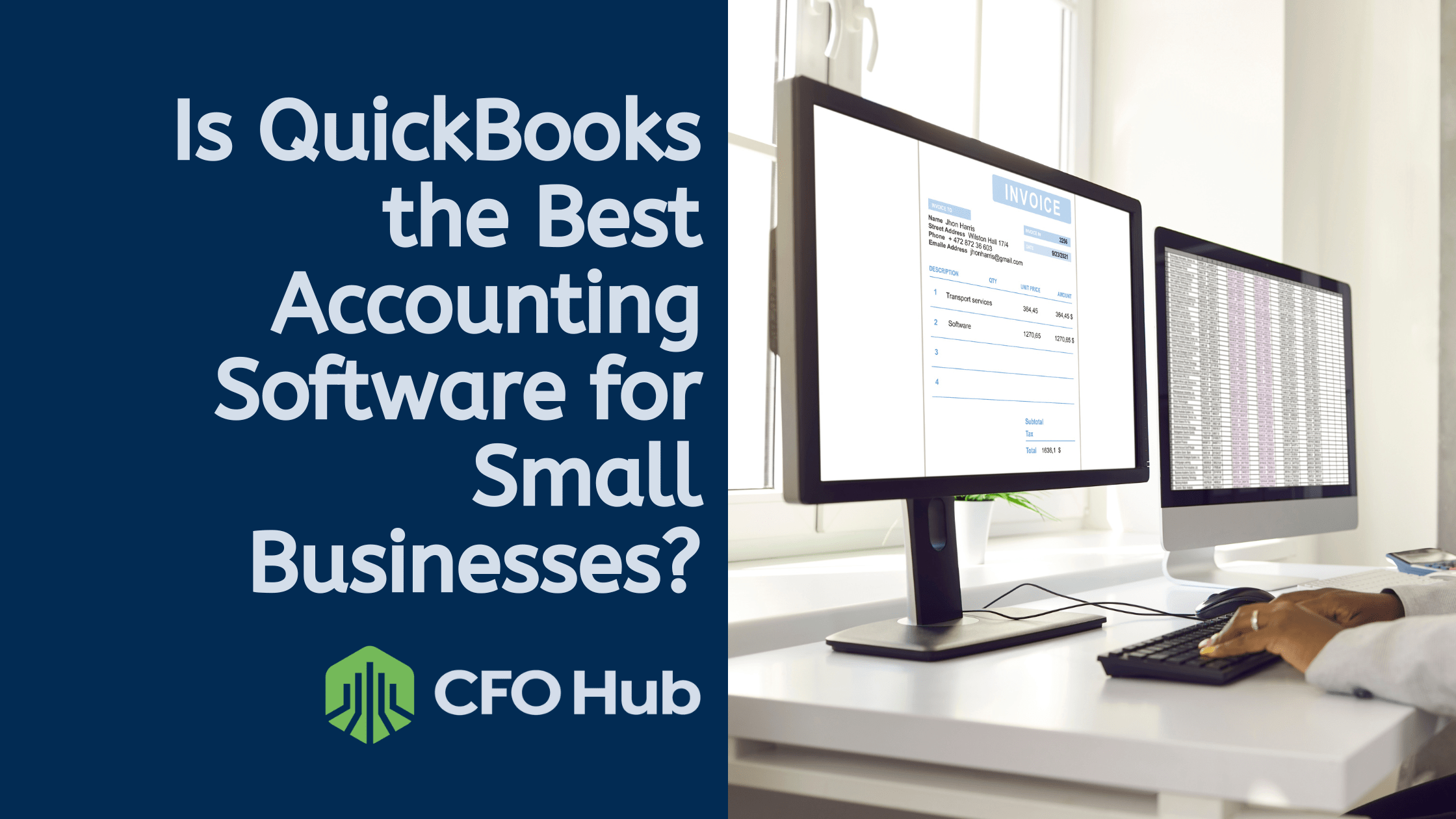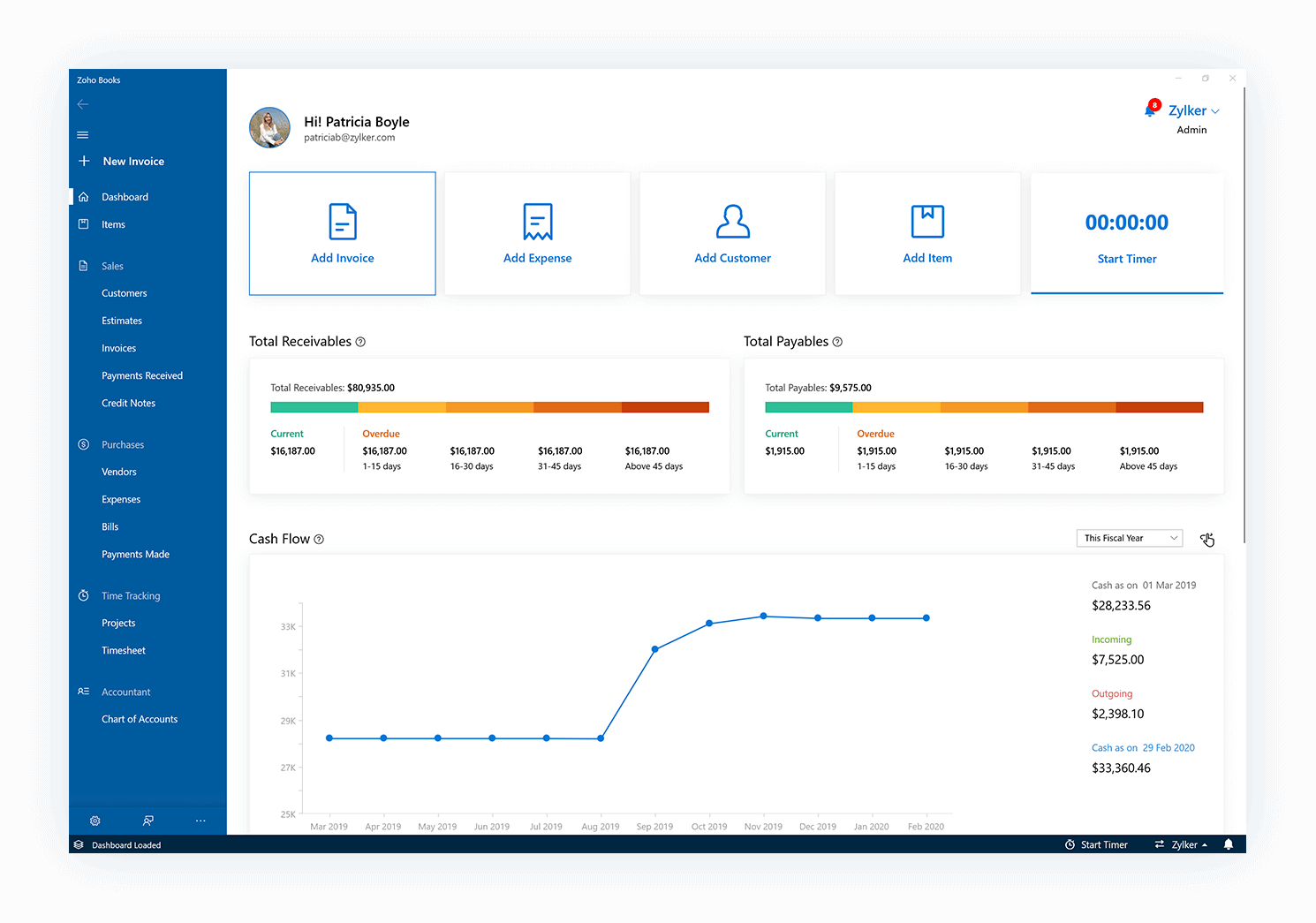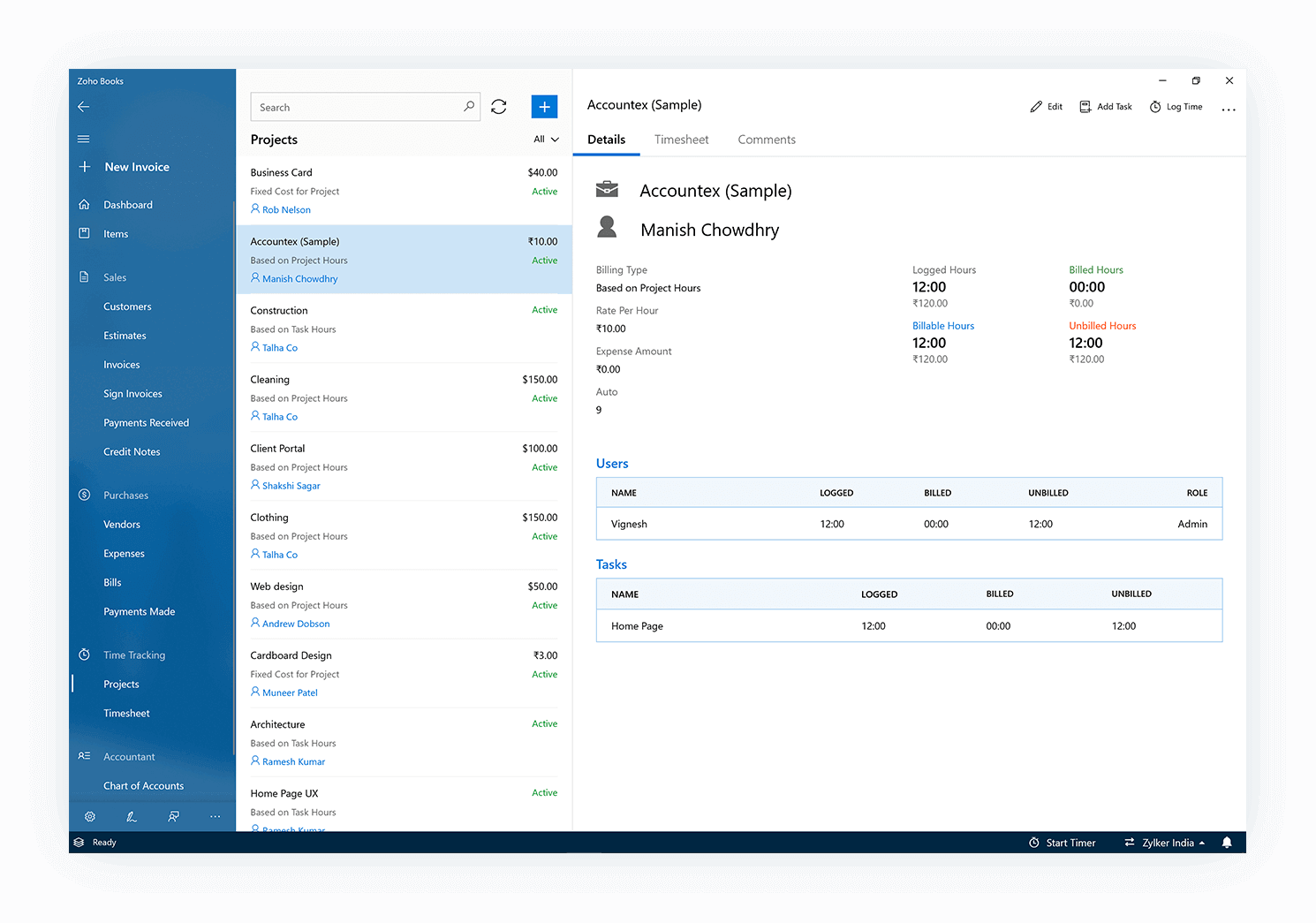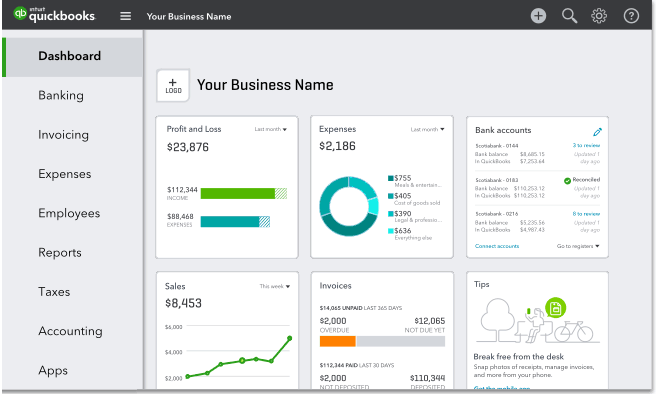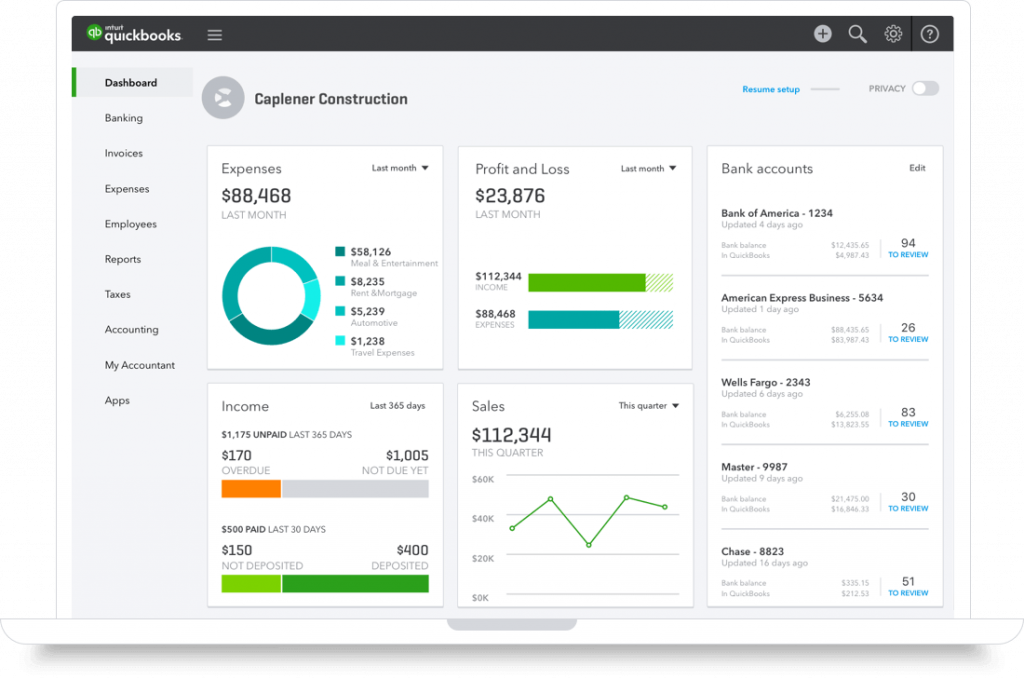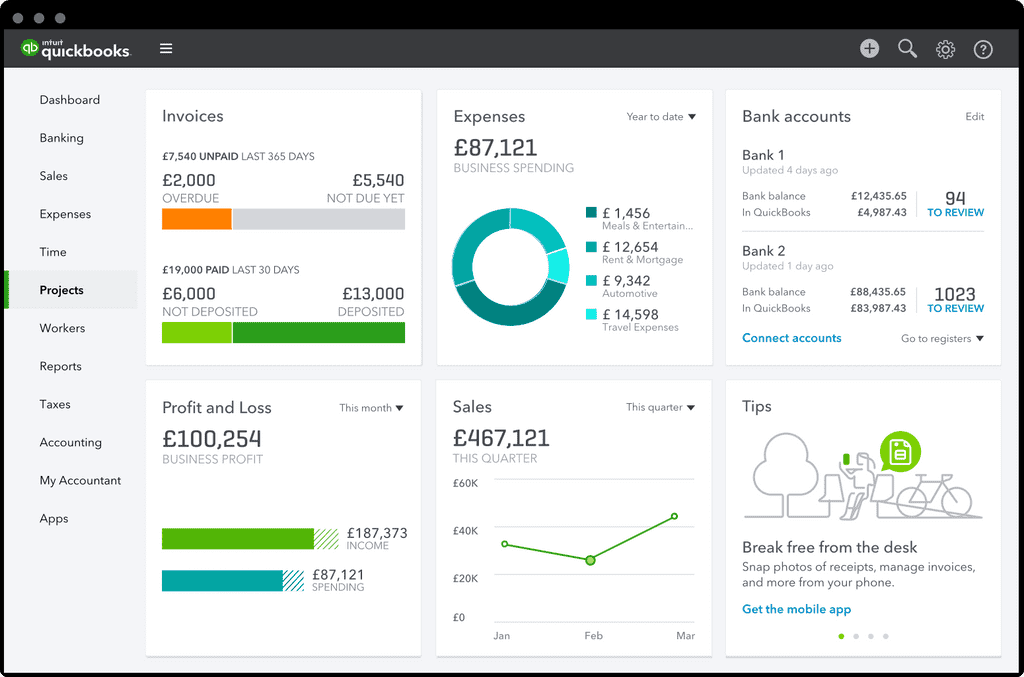Desktop Accounting Software For Small Business

Stop throwing money down the drain! As a small business owner, you're constantly looking for ways to trim the fat and boost your bottom line. Desktop accounting software can be a game-changer, offering serious cost savings compared to pricey cloud-based subscriptions.
This article is for you: the penny-pinching entrepreneur who wants powerful accounting without breaking the bank. We'll dissect the best desktop accounting software options, revealing hidden costs, customer satisfaction, and the true value for your hard-earned dollar.
Why Desktop Accounting Software Still Matters
In an age of cloud everything, why even consider desktop software? The answer is simple: cost. No recurring monthly fees mean significant long-term savings, especially for established businesses with predictable accounting needs.
You also gain greater control over your data and system. While cloud services boast accessibility, desktop software offers peace of mind knowing your financial information resides securely on your own computer.
The Bargain Hunter's Shortlist: Top Desktop Accounting Software
For the Ultra-Budget Conscious: GnuCash
GnuCash is free, open-source, and surprisingly powerful. It's perfect if you're comfortable with a steeper learning curve and willing to invest the time in setting it up. Don't expect hand-holding, but the price is unbeatable.
For the Growing Business: QuickBooks Desktop Pro
QuickBooks Desktop Pro is a popular choice for a reason. It offers a robust feature set, including invoicing, payroll, and reporting. Watch out for those annual upgrades though!
For the Contractor/Freelancer: Sage 50cloud Accounting
Sage 50cloud Accounting (be careful about the "cloud" part – it's primarily desktop!) provides advanced inventory management and job costing. It is ideal for businesses that need to track project-specific expenses.
Detailed Reviews: Digging into the Details
GnuCash: The Free Champion
GnuCash is a double-entry accounting system under the GNU license. The software is ideal for personal finance tracking and small business accounting.
Pros: Completely free, highly customizable, double-entry accounting. Cons: Steep learning curve, lacks direct customer support, interface can feel dated.
QuickBooks Desktop Pro: The Industry Standard
QuickBooks Desktop Pro offers a familiar interface and a wide range of features. It is a solid choice for businesses that need a comprehensive accounting solution.
Pros: User-friendly interface, robust feature set, extensive integrations. Cons: High upfront cost, annual upgrade fees, can feel bloated with features you don't need.
Sage 50cloud Accounting: The Project Tracker
Sage 50cloud Accounting gives tools for invoicing and cash flow management. This accounting software is suitable for small to medium business.
Pros: Strong inventory management, excellent job costing features, good reporting capabilities. Cons: Confusing "cloud" integration, can be pricey, less user-friendly than QuickBooks.
Side-by-Side Specs and Performance
| Feature | GnuCash | QuickBooks Desktop Pro | Sage 50cloud Accounting |
|---|---|---|---|
| Price | Free | $$$ | $$ |
| Ease of Use | Low | Medium | Medium |
| Feature Set | Basic | Comprehensive | Advanced |
| Customer Support | Community | Paid | Paid |
| Inventory Management | Limited | Basic | Strong |
| Reporting | Basic | Good | Excellent |
| Overall Score | 6/10 | 8/10 | 7/10 |
Customer Satisfaction: What Are Users Saying?
We scoured online forums and review sites to gauge customer sentiment. Here's a snapshot:
- GnuCash: Users appreciate the price (free!) but often struggle with the initial setup and lack of support.
- QuickBooks Desktop Pro: Generally positive reviews, but some complain about the cost of upgrades and the complexity of certain features.
- Sage 50cloud Accounting: Mixed reviews, with some praising the advanced features and others criticizing the user interface and customer support.
Maintenance Cost Projections: Beyond the Purchase Price
Don't just look at the upfront cost! Consider long-term expenses. Here's a breakdown:
- GnuCash: Virtually no maintenance costs (unless you need to hire a consultant for help).
- QuickBooks Desktop Pro: Annual upgrade fees are a significant expense. Expect to pay hundreds of dollars per year to stay current.
- Sage 50cloud Accounting: Annual subscription fees, plus potential costs for add-ons and support.
Key Takeaways: Making the Right Choice
Choosing the right desktop accounting software requires careful consideration. Don't be swayed by flashy marketing or the allure of "cloud" – focus on your specific needs and budget.
Consider the learning curve, maintenance costs, and the level of support you require. A cheap solution that wastes your time is ultimately more expensive than a slightly pricier option that streamlines your workflow.
Remember to prioritize your needs. The "best" software is the one that helps you manage your finances efficiently and affordably.
Ready to Save Money? Take Action Now!
Download free trials, compare features, and read user reviews. By investing a little time in research, you can find the perfect desktop accounting solution for your small business and keep more money in your pocket.
Don't delay, start saving today!
Frequently Asked Questions (FAQ)
Q: Is desktop accounting software outdated?
A: Not at all! Desktop software remains a viable and cost-effective option for many small businesses. It offers control and long-term savings that cloud-based solutions can't match.
Q: Do I need to be an accountant to use desktop accounting software?
A: Basic accounting knowledge is helpful, but most software packages are designed to be user-friendly. Look for options with good tutorials and support if you're new to accounting.
Q: Can I import my existing data into desktop accounting software?
A: Yes, most programs offer data import capabilities. Check the software's documentation for specific instructions on importing data from other sources.
Q: What are the security risks of using desktop accounting software?
A: The main risk is data loss due to hardware failure or theft. Back up your data regularly to an external drive or cloud storage service. Also, use strong passwords and keep your software updated to protect against viruses and malware.
Q: Will I need to hire an IT professional to set up desktop accounting software?
A: For most small businesses, setting up desktop accounting software is a straightforward process that can be done without professional help. However, if you have complex IT needs or are uncomfortable with software installation, you may want to consult with an IT professional.

